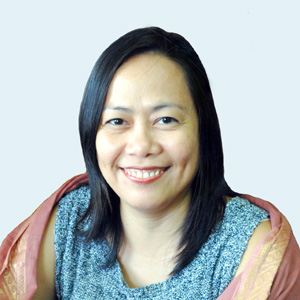
Tags: Deng Palomares, honours, IOF Research Associates, NOAA, Research, Sea Around Us, United Nations (UN), United States
Dr. Maria ‘Deng’ Palomares, has been invited to become a member of the international steering committee for the “Sustainability, Predictability and Resilience of Marine Ecosystems” (SUPREME) program, which is led by the United States of America’s National Oceanic and Atmospheric Administration (NOAA) and endorsed by the UN Decade of Ocean Science for Sustainable Development (UNDOS).

The Murray A. Newman Research Award celebrates highly significant recent work and/or an entire career of important, field-leading contributions in ocean research.
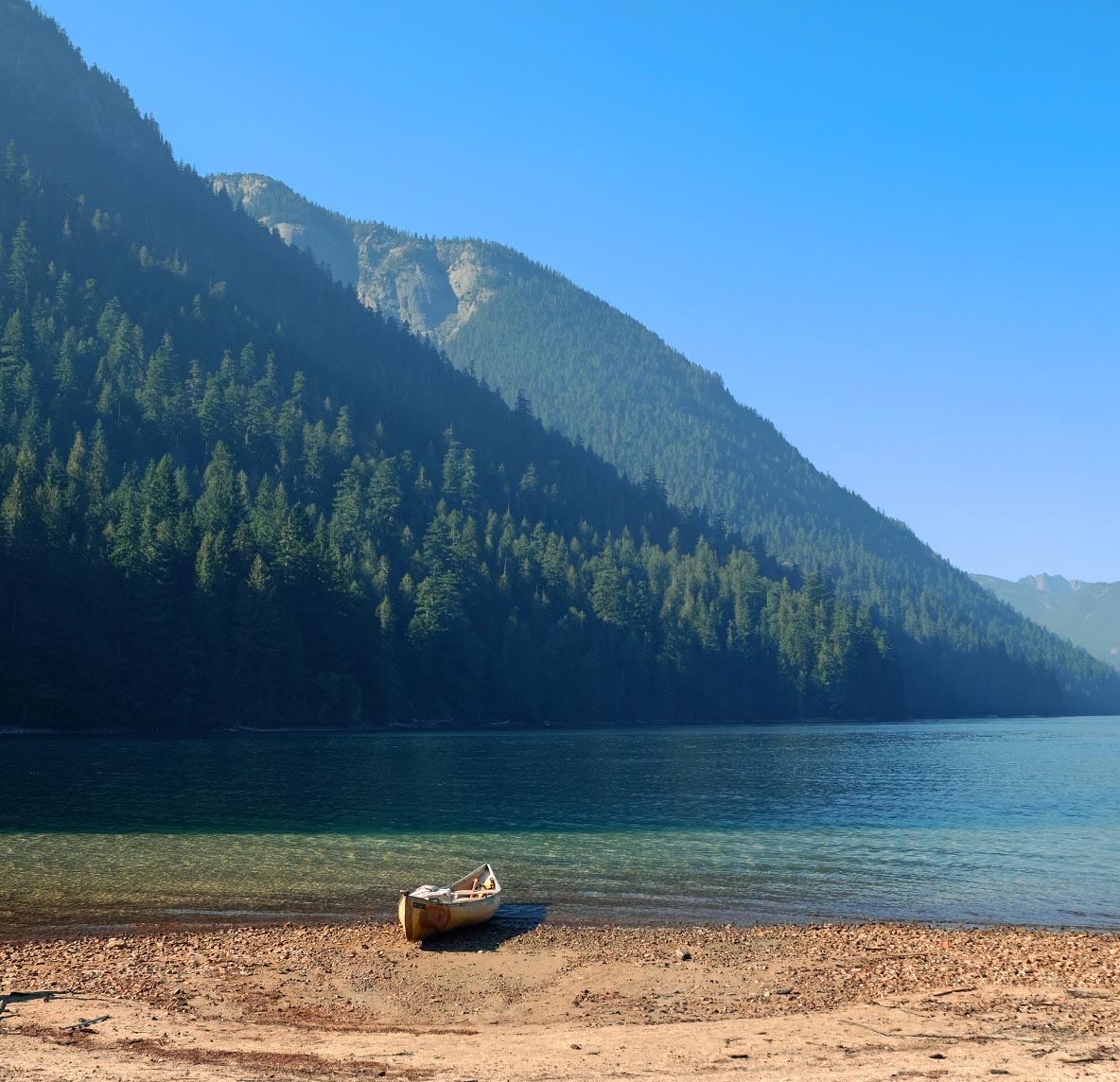
Students from the IOF's FISH 520 course took a fieldtrip to Chilliwack with Dr. Jordan Rosenfeld, Honorary Professor, Applied Freshwater Fisheries Research Unit (AFERU)

Dr. Rashid Sumaila was a panelist as part of the “World Food Day 2023: Water is Life. Water is Food. Leave no one behind” event on October 16, 2023

Tags: Daniel Pauly, film, fish catch, marine catches, Rashid Sumaila, subsidies, World Trade Organization, WTO
Dr. Daniel Pauly, and Dr. Rashid Sumaila, feature in a new film aimed at supporting a critical World Trade Organization (WTO) agreement on fishing subsidies, as the international community races to lock the deal in place before it expires in 2024.
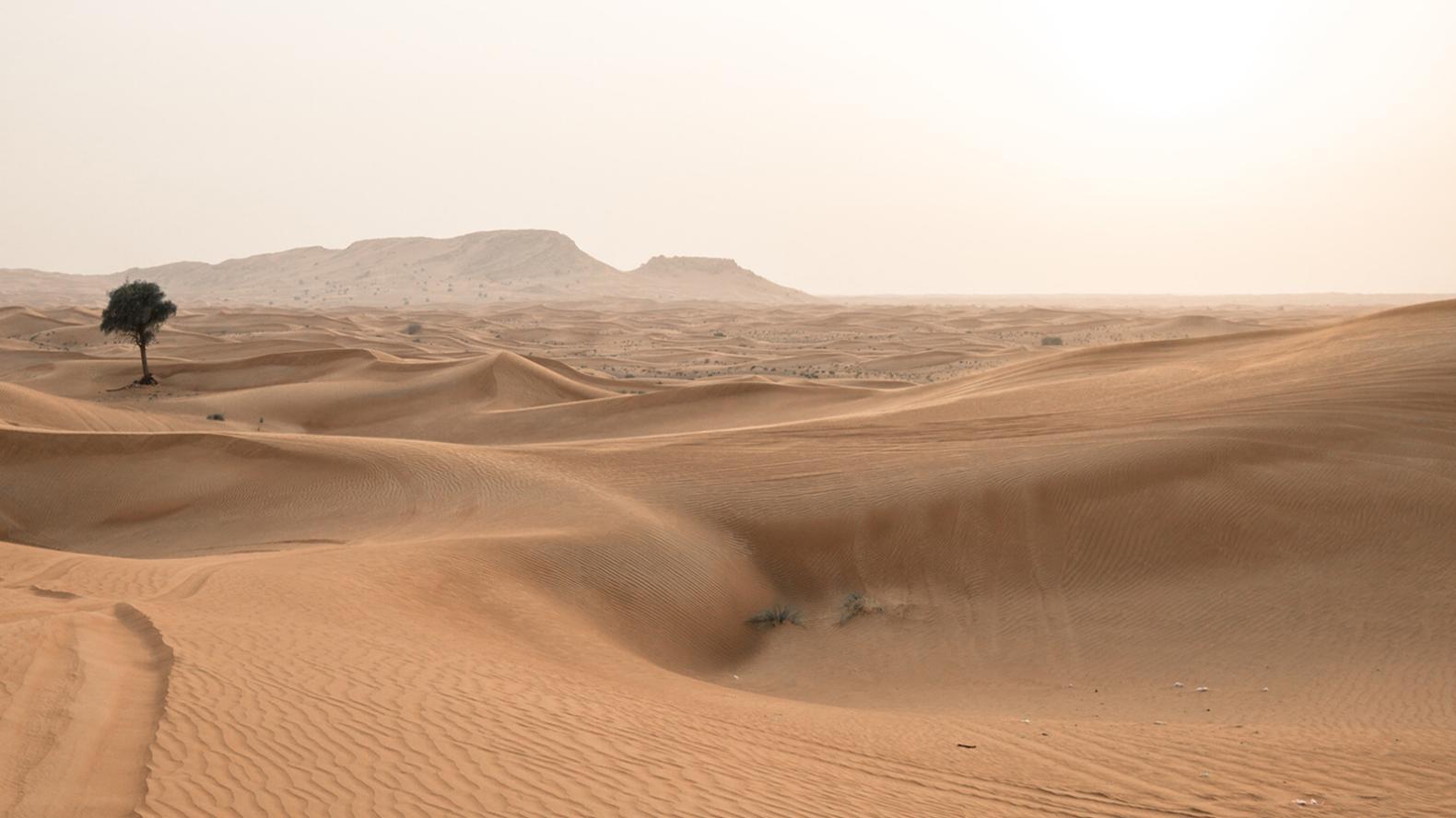
Dr William Cheung will join UBC’s third annual delegation of students, faculty, and staff attending the 28th United Nations Climate Change Conference of the Parties in Dubai, United Arab Emirates, this November
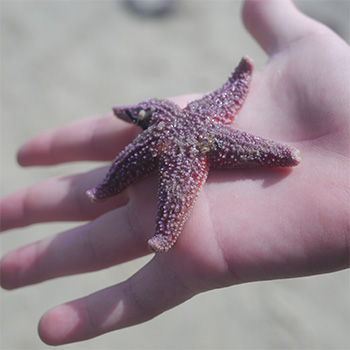
They saw sea stars down by the seashore...
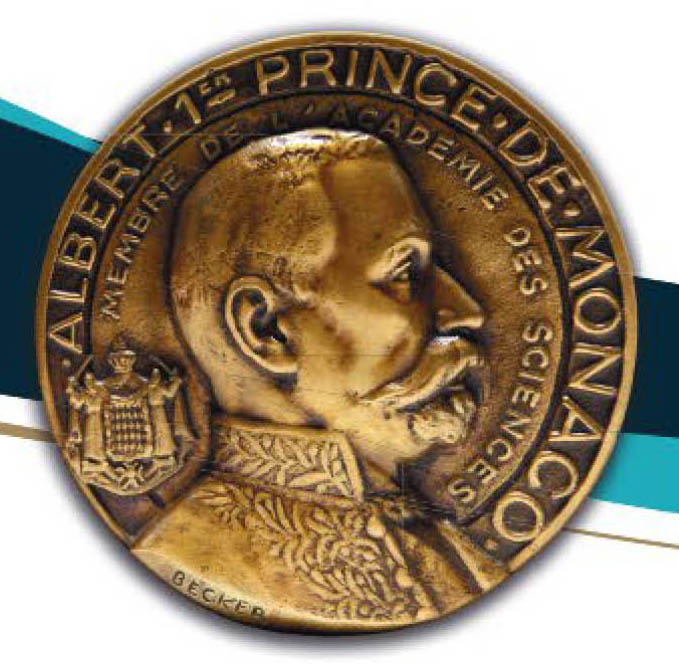
Internationally renowned fisheries researcher, Dr. Ussif Rashid Sumaila, has been recognized by the Oceanographic Institute of Monaco with the 2023 Albert I Grand Medal in the Science category.
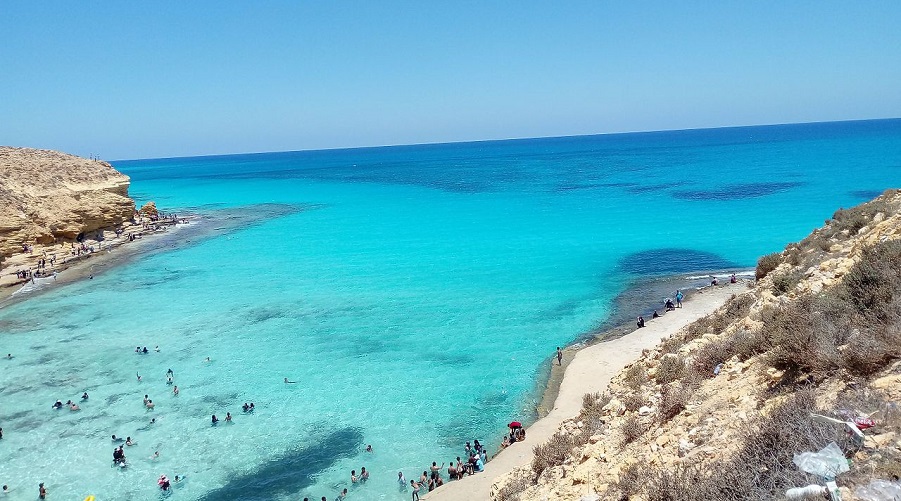
Tags: Daniel Pauly, Egypt, faculty, fish catch, fisheries management, IOF postdoctoral fellows, marine catches, Mediterranean, Research, Sea Around Us, trophic amplification
Egyptian fisheries need to be better managed to secure the overall health of the Mediterranean Sea’s marine living resources, new research has found.
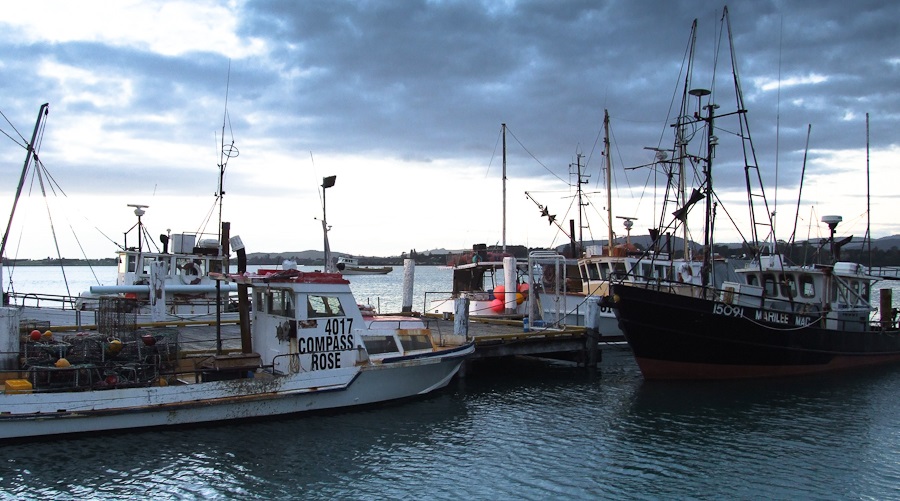
Tags: climate change, Daniel Pauly, faculty, fish stocks, food webs, New Zealand, overfishing, Research, Sea Around Us
An international team of researchers shows that, despite ocean water temperature around the island country modestly increasing by 0.04°C per decade from 1950–2019, the presence of warmer-climate species is a clear indicator of the impacts of climate change on marine life.